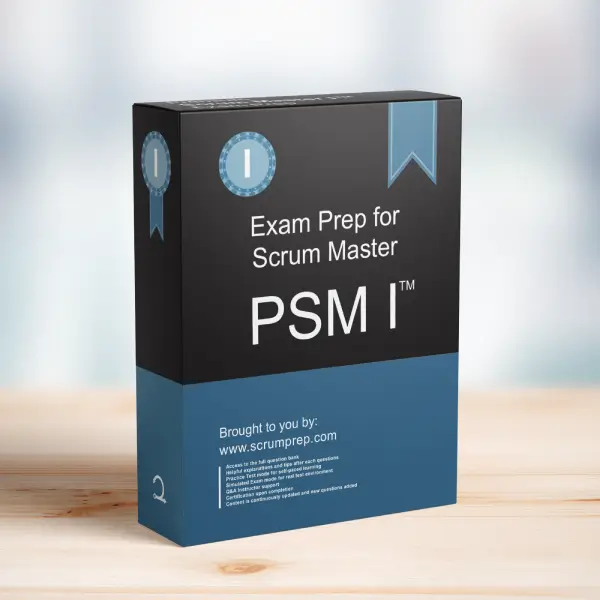Deliverables at the End of a Sprint
In Scrum, the primary goal of each Sprint is to deliver a valuable and potentially shippable Increment that meets the Definition of Done. This ensures that the product is incrementally improved and ready for potential release at any point.
Exam Question
Which of these may a Scrum Team deliver at the end of a Sprint?
(choose the best answer)
A. A valuable, useful Increment that meets the Definition of Done.
B. An increment of software with minor known bugs in it.
C. A single document, if that is what management asked for.
D. Failing unit tests, to identify acceptance tests for the next Sprint.
Correct Answer
A. A valuable, useful Increment that meets the Definition of Done.
Explanation
Why A is Correct
A. A valuable, useful Increment that meets the Definition of Done: Scrum requires that each Sprint results in a potentially shippable Increment. This means the Increment must meet the team’s Definition of Done, which includes all necessary quality criteria and is free of significant defects. Delivering a complete and valuable Increment ensures that the product is continuously improving and ready for release if needed. This practice aligns with the Scrum values of transparency, inspection, and adaptation.
Key Points
- Definition of Done: The Increment must meet the agreed-upon Definition of Done, which includes all quality standards and criteria necessary for a potentially shippable product.
- Continuous Improvement: Each Sprint aims to deliver an Increment that adds value and can be released if required, ensuring continuous product improvement.
- Transparency and Quality: Delivering a valuable Increment maintains transparency with stakeholders and ensures high-quality standards are consistently met.
Role of the Product Owner
The Product Owner is accountable for maximizing the value of the product resulting from the work of the Scrum Team. They ensure that the Product Backlog is ordered and refined to align with the team’s capacity and the Definition of Done. This helps in delivering valuable Increments at the end of each Sprint.
Role of the Scrum Master
The Scrum Master facilitates the Sprint Planning event, ensuring that the team collaboratively defines a clear and achievable Sprint Goal. They also ensure that the team adheres to the Definition of Done and maintains high quality in every Increment delivered.
Role of the Developers
The Developers collaborate to create the Sprint Goal and the Sprint Backlog, ensuring all work aligns with the Sprint Goal. They are responsible for delivering a valuable Increment that meets the Definition of Done by the end of the Sprint.
Relevance to the PSM I Exam
Understanding the importance of delivering a valuable, useful Increment that meets the Definition of Done is crucial for the PSM I exam. It highlights the need for continuous product improvement, adherence to quality standards, and the roles of the Product Owner, Scrum Master, and Developers in achieving this.
Conclusion
In summary, the goal of each Sprint in Scrum is to deliver a valuable, useful Increment that meets the Definition of Done. This practice ensures continuous improvement, maintains high-quality standards, and aligns with the Scrum values of transparency, inspection, and adaptation.
For comprehensive preparation and practice exams, check out PSM I Exam Prep to enhance your understanding and application of Scrum principles.




